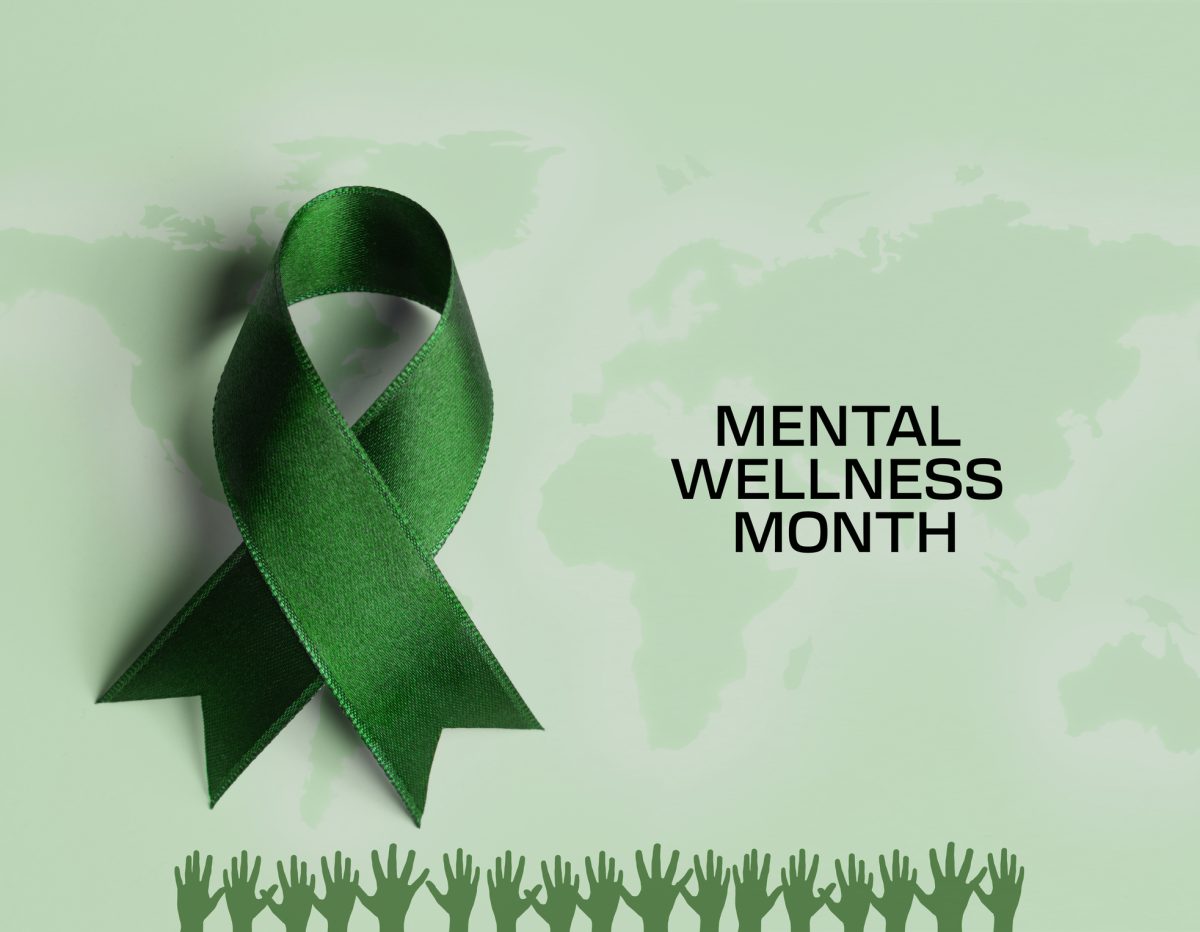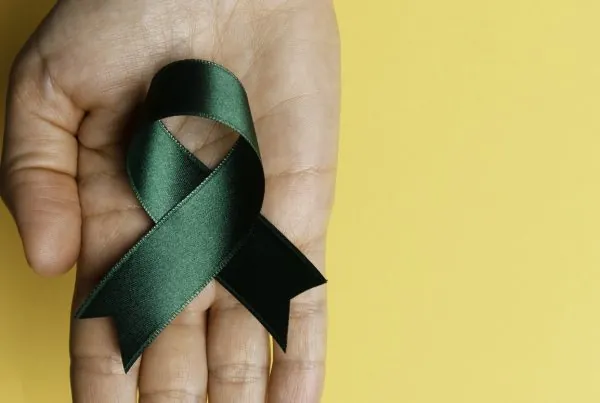New year’s resolutions are an unfairly maligned tool – while goalsetting can be unmotivating or even self-destructive, using the new year as an impetus for self-improvement can still be a good idea with the right approach. For January Mental Wellness Month, let’s commit to making real progress on improving our mental health and wellness – and embrace mental wellness not just as a goal for feeling better but as a long-term mission towards achieving a healthier state of mind, from mood to self-esteem and social value.
What is January Mental Wellness Month?
Mental Wellness Month is observed and celebrated every January as an opportunity to increase awareness on matters of mental wellness and emotional balance.
While the public has become increasingly aware of the risk of mental health issues and the growing problems of depression and anxiety in modern communities, Mental Wellness Month aims to drive home the point that our mental well-being is a universal issue and that everyone can benefit from learning more about improving their mental health, regardless of whether they personally share a history of mental health problems and diagnosed conditions.
January Mental Wellness Month gives us a chance to talk to our loved ones about taking some steps to protect against lifelong stressors, prevent burnout, and address many of the risk factors that continue to impact most people on a day-to-day basis, including social isolation, societal worries, financial insecurity, poor sleep quality, hate speech, and sedentary living.
You can celebrate Mental Wellness Month in January by taking steps yourself or with your friends and family to improve your coping skills, adopt healthier stress management habits, identify and address specific risk factors, and recognize when you or a loved one might need professional help.
A New Year, A New You?
Many people struggle to accomplish their new year’s resolutions for a number of reasons. Because Mental Wellness Month is observed in January, we can take the opportunity to address the biggest goal-setting mistakes – and how proper goal-setting can help build important habits that leave a lasting impact on your life, including both your mental and physical wellness.
- Goals that are too abstract (i.e., achieving “well-being”).
- Goals that are attached to meaninglessness (i.e., you’re told you should lose weight or look better, but there’s no intrinsic reward or motivation in that).
- Goals that are too harsh (i.e., putting on 20 lbs of muscle in six months or going to the gym every day for a year).
- Goals that ultimately aren’t worth it (i.e., your heart isn’t really in it, and you don’t care as much as you’re trying to pretend to).
With all these issues combined, we can start working backward to identify goals and habits that are going to be much easier and more fulfilling to accomplish in the New Year and beyond. These include:
- Smaller goals.
- Tying positive or healthy habits to impulsive temptations (i.e., going for a walk whenever you get the urge to smoke).
- Do more research and establish a step-by-step plan before jumping in (you don’t need to start right now!).
- Seeking accountability (alone or with a friend).
- Identifying things you really want, like beating an old personal record, finally committing to an instrument you’ve spent years toying around with, etc.).
- Turn a lapse or relapse into a stumbling block, not a failure state. Just keep going!
Ultimately, it’s also important to remember that one of the biggest reasons people fail to set and achieve their goals in the New Year is that their impetus is based on a date rather than personal motivation. The best indicator for success in habit forming is wanting to change genuinely. People who are desperate for a change in their lives won’t wait for the first day of the new year to get started.
But that does not make the effort useless. You may fail. But remind yourself that you can just try again. Start from the beginning or in the middle stages. Continue where you left off. Nothing is keeping you from doing so.
Celebrate Your Accomplishments
For some people, starting the new year with a month dedicated to all the things you need to change might not make the right first impression. Instead, take a moment to consider what you’ve already accomplished and celebrate your successes, no matter how few or how little they might seem to you at the moment.
It could be a successful move to a new home or town, graduation, your first job, spending more time exercising last year than the year before, or any other changes you’re proud of. Establish what you’ve already achieved – and allow yourself to feel contentment.
Reaffirming Priorities
A lot of the time, mental well-being is more about being at peace with what it is than it is about changing anything. You can achieve a healthier state of mind by learning to cope with who you are and what you do than rushing to alter your habits and behaviors at an unrealistic rate.
Once you begin to embrace your positive attributes, you can slowly begin to alter the negative ones and work towards a better mental and physical state after you have established the personal attributes and characteristics that you are happy with, such as your positive sleeping habits, your ability to be creative and productive in short bursts, your personal talents, or your strong suits as a student.
You Don’t Need Illness to Seek Help
January Mental Wellness Month aims to take the conversation around mental health and reframe it as one that is not just relevant to people with severe symptoms of mental illness.
In the same way that we all need to stay hydrated, sleep enough, eat good food, and go on a walk every now and again, we need to apply protective habits to improve and safeguard our mental wellness and prevent episodes of anxiety or depression through a healthier relationship with our own thoughts, feelings, and actions.
To that end, the same way you might see your doctor for a yearly checkup, you should consider talking to a counselor or seeing a therapist to discuss your thoughts and feelings.
For more information about teen mental health and wellness, reach out to Visions Treatment Centers.








